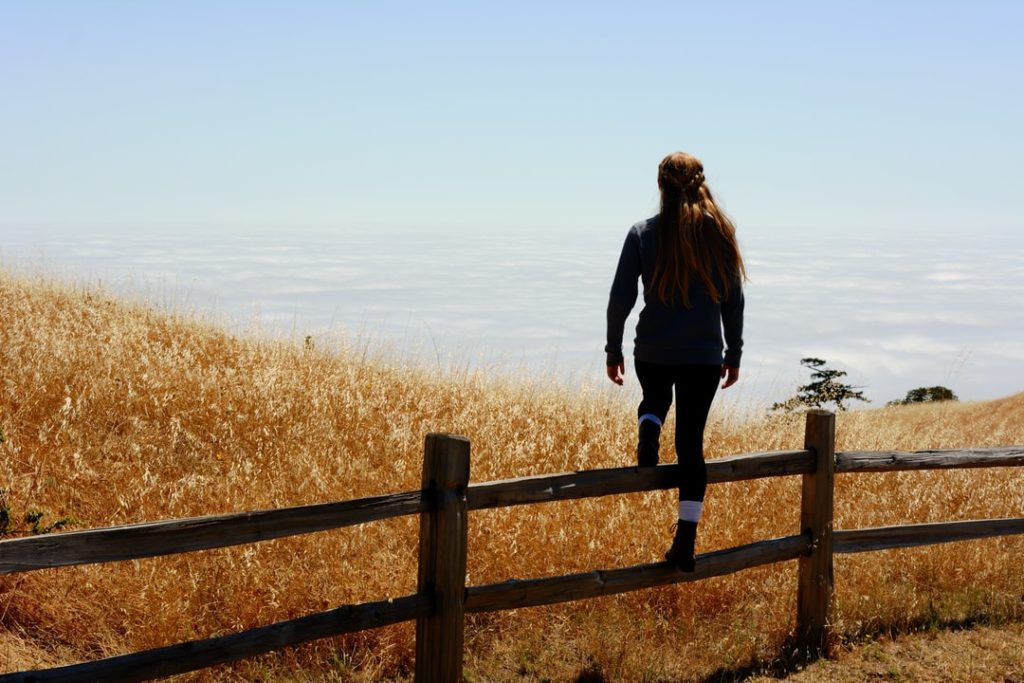“This is why we say that nothing happens to the wise person contrary to their expections.”
SENECA, ON TRANQUILITY OF MIND, 13.3b
When my wife saw the title of today’s entry in The Daily Stoic was “The Wise Don’t Have ‘Problems'”, she gave a very skeptical “hrmmm”, and dubiously raised her eyebrow halfway.
I don’t blame her! The title of this chapter seems almost obnoxious. But if you’re familiar at all with stoic philosophy, you know that “wise” simply means a person who has taken the time to educate themselves about the human mind and our predispositions to certain behavior, and has learned how to adjust their actions to do what’s right and good each day, as much as possible. It doesn’t mean someone who has everything figured out and is perfect.
And by “not having problems”, it just means that they aren’t blind-sided by things that don’t turn out the way they want. They don’t get completely derailed by speed bumps that occur unexpectedly. In fact, you could say that the speed bumps aren’t unexpected. They’re expected.

The truly wise understand that anything could happen. Not just the best-case scenario that we naturally hope for. But also the worst-case scenario, they prepare for that too. Heck, they even welcome the worst-case scenario! (My wife hrmmm-ed at that too. It doesn’t mean they are hoping for their day’s plans to be crushed — it just means that they welcome a challenge like that, as a chance to show their mettle and overcome it.)
Think Like a Norwegian
The Guardian wrote a great article about this called “Think Like a Norwegian”, which referenced research showing that people who welcome challenges as simply obstacles to overcome — rather than showstoppers to feel despondent about and cause you to give up — end up reporting more happiness in their lives. They greet each new moment with more vigor and optimism. I like that.
“People who see stressful events as “challenges”, with an opportunity to learn and adapt, tend to cope much better than those who focus more on the threatening aspects – like the possibility of failure, embarrassment or illness.”
“Think Like a Norwegian”, The Guardian

Prepare for the worst?
Some people might call today’s entry in The Daily Stoic as basically a recommendation to “hope for the best, and prepare for the worst”. I’m not sure I like the last part of that statement. It invokes images of doomsday preppers, or nervously fretting parents who try cover and prepare for every potential pitfall that could befall their family (cough, cough).
It also feels like fear-driven thinking, which I’m trying to avoid these days. I want to lead from a position of courageous love, and not spend a lot of time worrying about future what-ifs or trying to prepare for cloudy days. But I don’t want to be caught flat-footed either.
I think a better summary of Seneca’s statements here, and what author Ryan Holiday was trying to present, is that we shouldn’t have unreasonable expectations of what’s possible, and that we should expect & understand that things could go south — so we’re not surprised or caught unaware when that happens. And that, if things do fall apart, it’s not the end of the world, but simply a speed bump on our path that gives us a chance to show how wisely we can maneuver around it.





